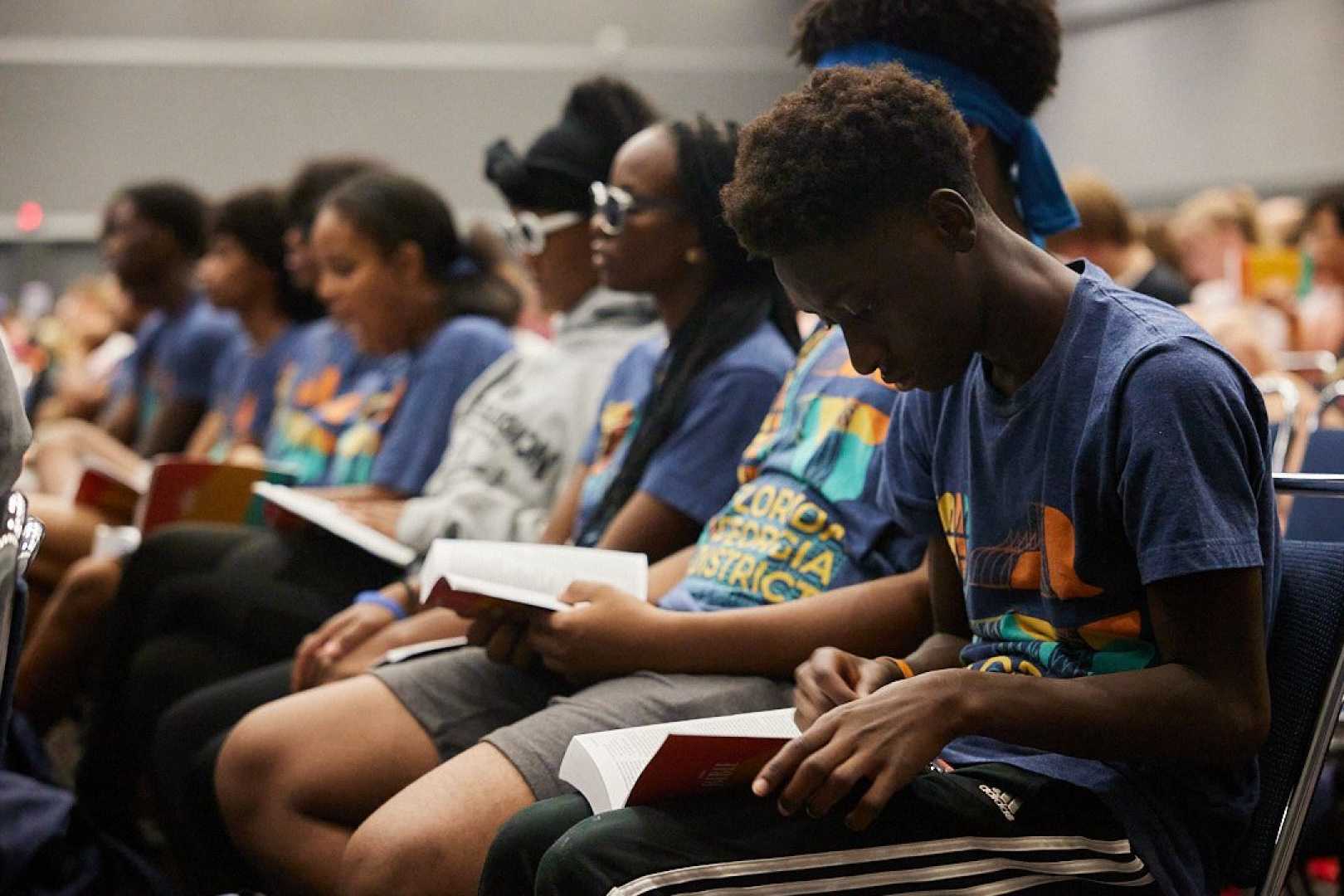News
Gen Z Finds Connection and Faith Amid Pandemic Challenges

Buenos Aires, Argentina – On April 21, 2025, young people gathered at the Basilica of Flores to bid farewell to Pope Francis, signaling a notable shift in religious engagement among Generation Z. For decades, religious affiliation in the United States has been on the decline, but recent studies show that this trend may be reversing, particularly among young Americans.
In the first years following the Covid-19 pandemic, Generation Z appears to have reconnected with faith at higher rates than previous generations. According to surveys by the National Opinion Research Center, the percentage of those identifying as ‘nones’—those with no religious affiliation—has stabilized around 30 percent, with many younger people beginning to explore faith again.
Ryan Burge, an associate professor of political science, noted, “The stagnation of nones can be linked to younger generations losing religion at slower rates than older cohorts.” This trend suggests that young Americans, particularly young men, are increasingly finding solace in religious communities.
Many young people cite feelings of loneliness and isolation as reasons for gravitating towards organized religion. “Social media and the disconnect from traditional societal interactions during lockdowns may have prompted young people to seek community in churches,” Burge explained.
Rev. Pippa White, a TikTok-savvy priest, emphasized the role of social media in making faith more approachable to Gen Z. “When young adults see their peers sharing their faith openly online, it can help dispel misconceptions about what it means to be religious,” she said.
The sentiment that religion can provide meaning in a tumultuous world resonates with many young people. Chloe Keyes, a 27-year-old from Scotland, found herself attending church unexpectedly alongside her boyfriend and ex-boyfriend. She humorously remarked on the coincidence but noted that it emphasized how faith can bring people together.
Additionally, the shift in religious engagement is notable for its gender dynamics. Studies reveal that young men are increasingly inclined towards church attendance, while many women are departing organized religion due to political and ideological differences with church teachings.
“Many young women feel that churches do not adequately address issues such as gender equality and LGBTQ+ rights,” noted a research study from the Public Religion Research Institute. This diverging path has led to a dramatic change in religious affiliation trends.
As for those who have found their way back to church, stories of personal transformation abound. Nathan Lawson, who became interested in Christianity while studying at Oxford, describes the peace he felt when returning to faith. “Praying and attending church weekly have significantly improved my overall happiness and patience,” he stated.
In summary, the relationship between Generation Z and organized religion is evolving. With some young people embracing faith as a source of community and support, the potential for a revival of religious practice is becoming a topic of conversation among scholars and communities alike.












